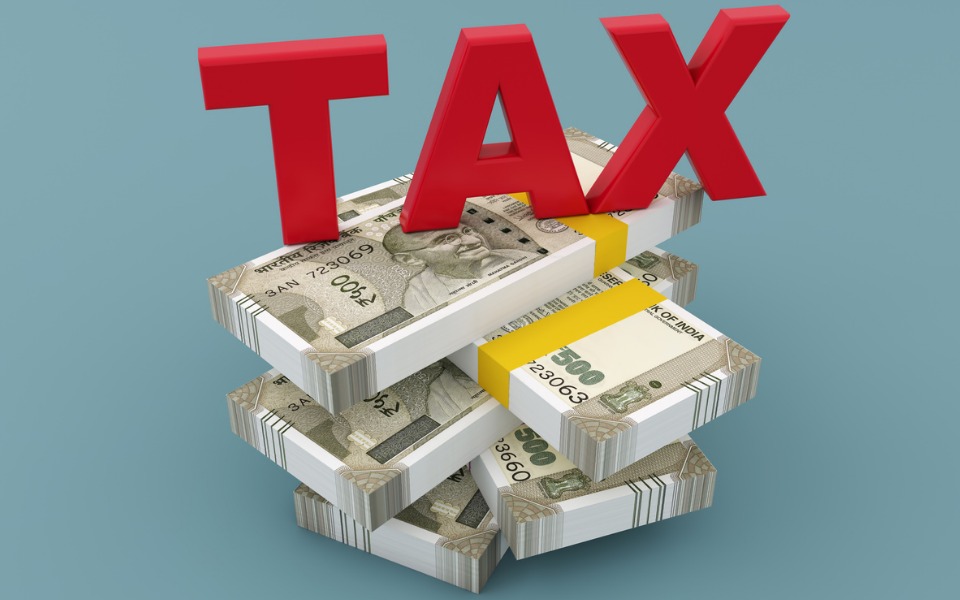
Common man pays more tax than corporates, but Centre plays ‘oil bonds’ card

The data on fuel taxes, personal income tax, and corporate taxes show that individuals are paying more tax than corporates in India. The discrepancy can be attributed to the increased fuel prices and reduction in corporate taxes in the country.
According to data, the common man paid a total of ₹4.69 lakh crore in taxes against ₹4.57 lakh crore paid by corporates to the central exchequer. Also, a huge chunk of fuel taxes come from common people’s pockets, further increasing their contribution towards the taxes.
Also read: Does the government have any business to be in business?
Despite data backing the common man’s plight, Finance Minister Nirmala Sitharaman on Monday expressed the Centre’s inability to cut down on fuel prices, citing its commitment to make payments towards the oil bonds created by the former UPA government.
More income, fewer repayments
Sitharaman stated that there won’t be any cut in excise duties on fuel as the government has to pay the dues created by the former government. “If I did not have the burden to service the oil bonds, I would have been in a position to reduce excise duty on fuel. The previous government has made our job difficult by issuing oil bonds. Even if I want to do something I am paying through my nose for the oil bonds,” she said.
The minister informed that only ₹3,500 crore of principal amount has been paid till now while the remaining ₹1.3 Lakh crore is due over the next four years. She said the NDA government has paid an interest of ₹9,989 crore every year since 2014.
The Centre’s total collection from taxes levied on fuel has shot up to ₹2.95 lakh crore in 2020 from just ₹0.74 lakh crore (or ₹74,000 crore) in 2014-2015 when the NDA government came to power. The fuel tax collection has constantly increased except in 2019-2020. Despite the tax collection, the government did not pay any principal amount of the oil bonds while central excise duty kept increasing.
The central excise duty on petrol has been hiked to ₹32.90 per litre from ₹9.8 per litre in 2014. Similarly, the duty on diesel has spiked from ₹3.56 to ₹31.80 a litre.
Similarly, the income tax collection too increased over the last three years. Interestingly, it has even crossed the corporate tax collection in 2020, as per the CAG report. Over 13 lakh income tax returns were filed in 2019-2020 while the number escalated to nearly 15 lakh returns in 2020-2021.
Thus, the actual tax collection was ₹4.69 lakh crore in 2020-21. When compared to personal income tax collection, corporate tax collection stood at ₹4.57 lakh crore in the same year.
Corporate tax is the direct tax levied on the corporates based on their income or profit from the business while personal income tax is calculated on the personal income or salary of an individual.
Also read: How fuel prices have been Modi government’s go-to ‘cash cow’
The total corporate tax is calculated based on different revenues earned by the entity from various sources. The corporations with an annual turnover of less than ₹400 crore and having no other exemptions need to pay the Corporate Tax at the rate of 22 per cent. The same tax rate was 30 per cent before the amendment took place in 2019. Similarly, the tax slab for personal income tax was increased. Despite the increase in slabs, the tax collection saw a rise over the last two years.

